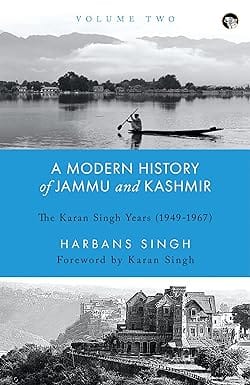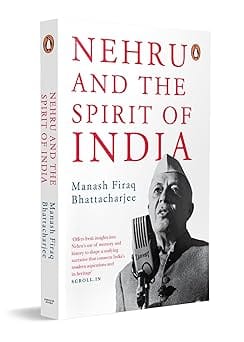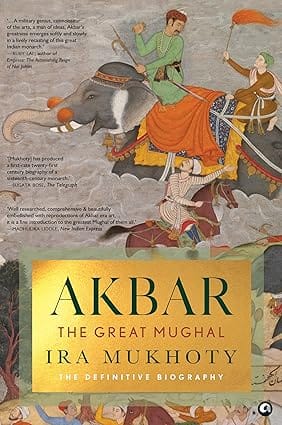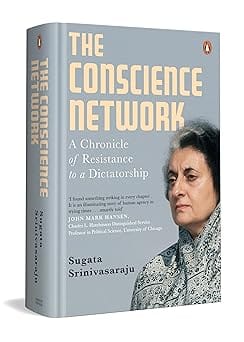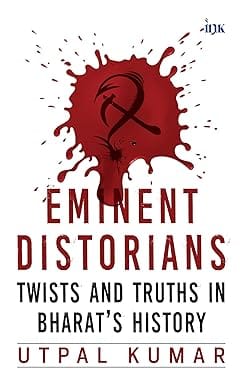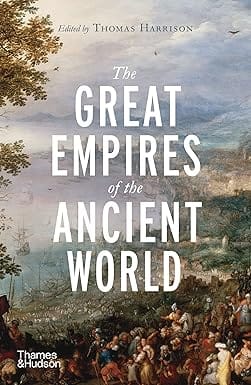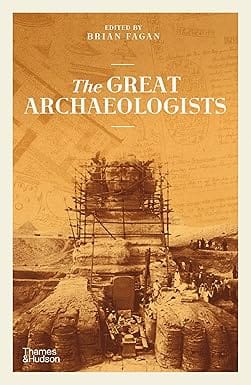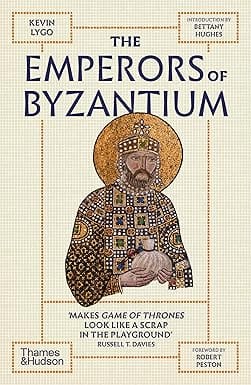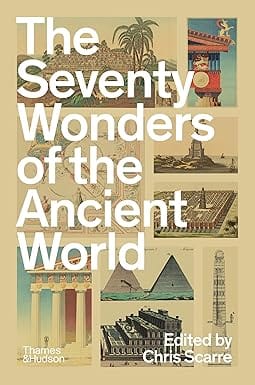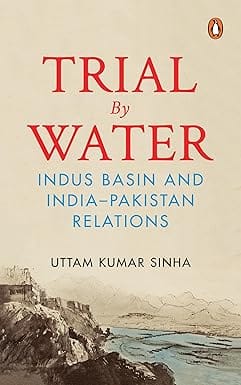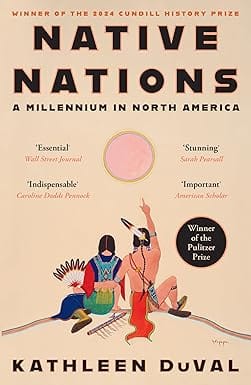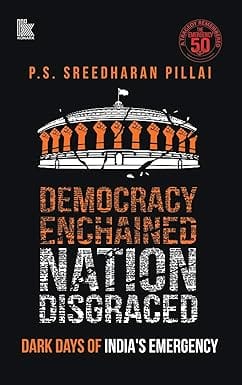-
Non-ficton
- Non-ficton
-
Contemporary Fiction
- Contemporary Fiction
-
Children
- Children
-
Comics & Graphic Novels
- Comics & Graphic Novels
-
Non-Fiction
- Non-Fiction
-
Fiction
- Fiction
The Modern History of Jammu and Kashmir, Volume Two: The Karan Singh Years (1949- 1967) examines the politics of the period that followed Maharaja Hari Singh’s exile from the State in 1949. Focusing on Hari Singh’s son, the book examines the history of Jammu and Kashmir through Yuvraj Karan Singh’s journey from becoming the Regent at the young age of eighteen, then the Sadar-i-Riyasat and finally the Governor.
During the challenging time when the Sheikh Abdullah-led National Conference and the Dogra-backed Praja Parishad were locked in a fierce tug-of-war for control of the State, it was the Yuvraj who prevailed as the voice of reason. He strove to maintain equitable power sharing between the three major provinces—Jammu, Kashmir and Ladakh—throughout the eighteen years of his career in Jammu and Kashmir.
The major political changes during Karan Singh’s time—the judicious use of the provisions of Article 370 and the further integration of Jammu and Kashmir with India, among others—also had a crucial effect of consolidating the future of the State with that of the country. A sense of mutual respect and cooperation was forged between Delhi and the Jammu and Kashmir leaders.
Relying on both historical sources and the vast correspondence Karan Singh had with Jawaharlal Nehru and later Indira Gandhi, this second volume of Harbans Singh’s magisterial trilogy is both a biography of a remarkable man as well as a fresh look at the history and politics behind the making of modern-day Jammu and Kashmir.
About the Author
A Modern History Of Jammu And Kashmir, Volume Two The Karan Singh Years (1949-1967)
SIZE GUIDE
- ISBN: 9789354475153
- Author: Harbans Singh
- Publisher: Speaking Tiger
- Pages: 128
- Format: Paperback
Book Description
The Modern History of Jammu and Kashmir, Volume Two: The Karan Singh Years (1949- 1967) examines the politics of the period that followed Maharaja Hari Singh’s exile from the State in 1949. Focusing on Hari Singh’s son, the book examines the history of Jammu and Kashmir through Yuvraj Karan Singh’s journey from becoming the Regent at the young age of eighteen, then the Sadar-i-Riyasat and finally the Governor.
During the challenging time when the Sheikh Abdullah-led National Conference and the Dogra-backed Praja Parishad were locked in a fierce tug-of-war for control of the State, it was the Yuvraj who prevailed as the voice of reason. He strove to maintain equitable power sharing between the three major provinces—Jammu, Kashmir and Ladakh—throughout the eighteen years of his career in Jammu and Kashmir.
The major political changes during Karan Singh’s time—the judicious use of the provisions of Article 370 and the further integration of Jammu and Kashmir with India, among others—also had a crucial effect of consolidating the future of the State with that of the country. A sense of mutual respect and cooperation was forged between Delhi and the Jammu and Kashmir leaders.
Relying on both historical sources and the vast correspondence Karan Singh had with Jawaharlal Nehru and later Indira Gandhi, this second volume of Harbans Singh’s magisterial trilogy is both a biography of a remarkable man as well as a fresh look at the history and politics behind the making of modern-day Jammu and Kashmir.
About the Author
Related Books
User reviews
NEWSLETTER
Subscribe to get Email Updates!
Thanks for subscribing.
Your response has been recorded.

India's Iconic & Independent Book Store offering a vast selection of books across a variety of genres Since 1978.
"We Believe In The Power of Books" Our mission is to make books accessible to everyone, and to cultivate a culture of reading and learning. We strive to provide a wide range of books, from classic literature, sci-fi and fantasy, to graphic novels, biographies and self-help books, so that everyone can find something to read.
Whether you’re looking for your next great read, a gift for someone special, or just browsing, Midland is here to make your book-buying experience easy and enjoyable.
We are shipping pan India and across the world.
For Bulk Order / Corporate Gifting
 +91 9818282497 |
+91 9818282497 |  [email protected]
[email protected]
Click To Know More
INFORMATION
POLICIES
ACCOUNT
QUICK LINKS
ADDRESS
Shop No.20, Aurobindo Palace Market, Near Church, New Delhi

